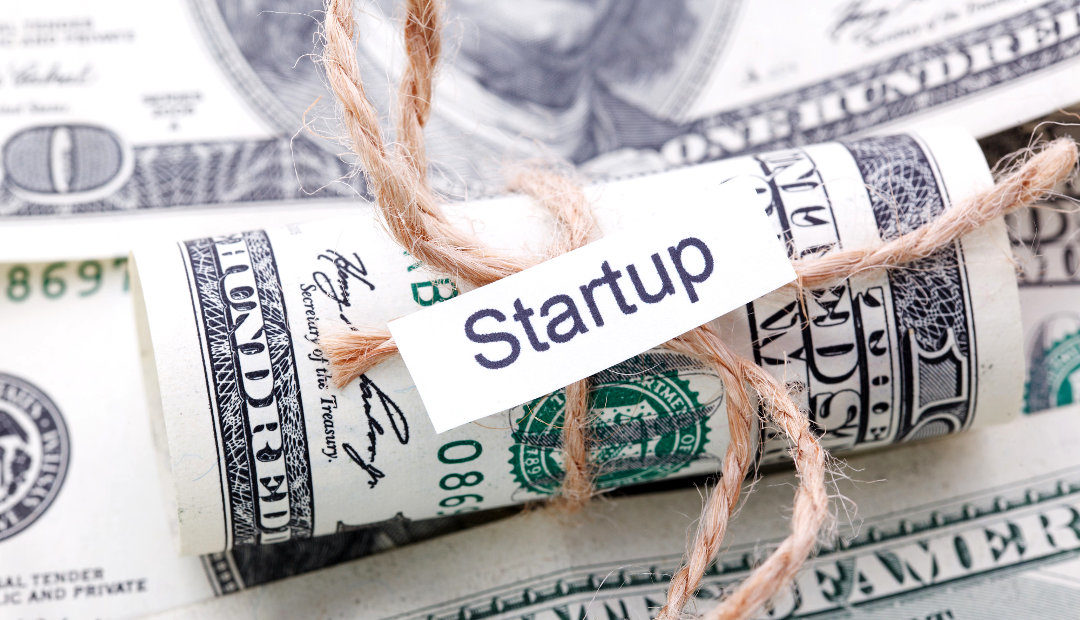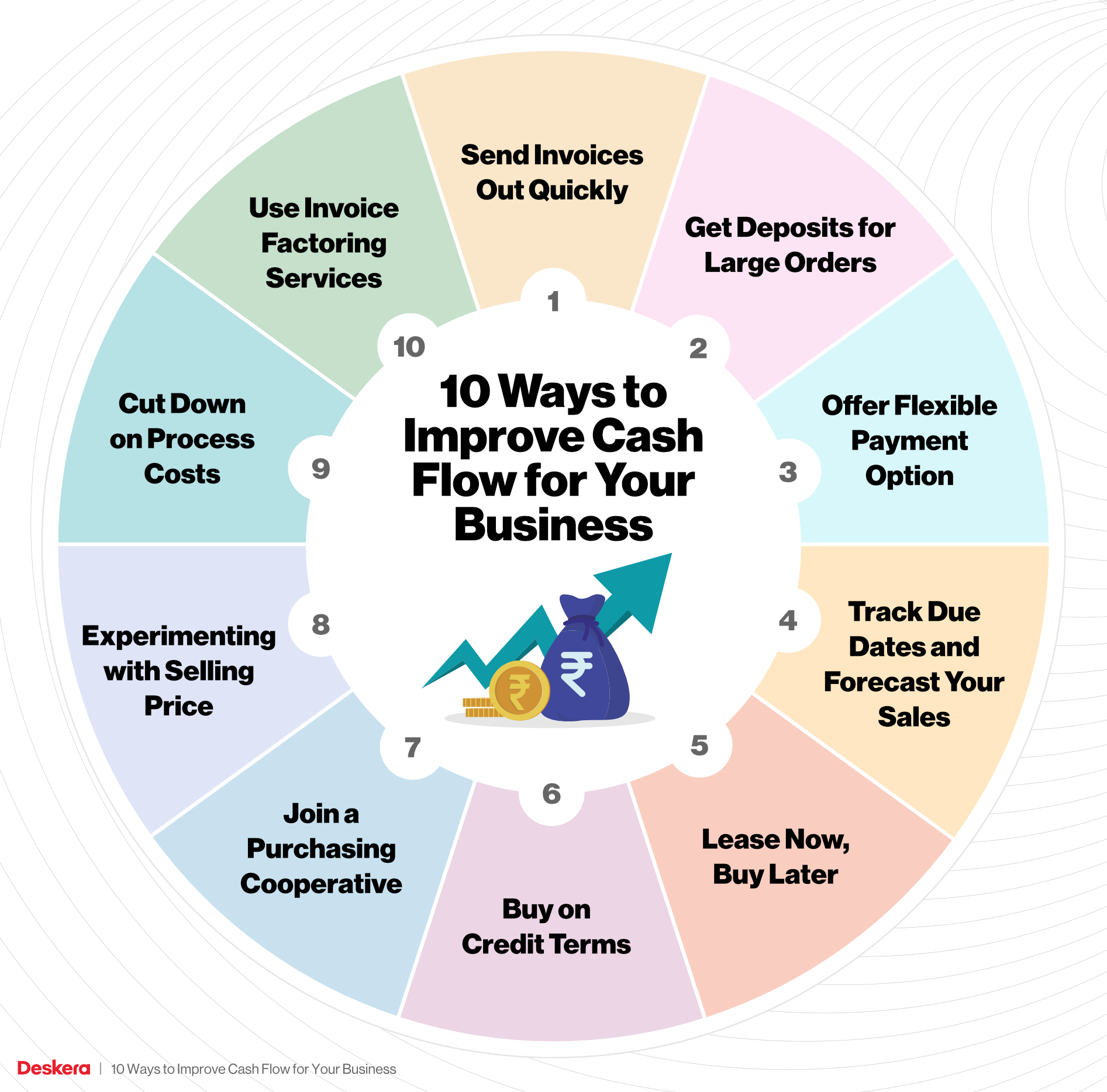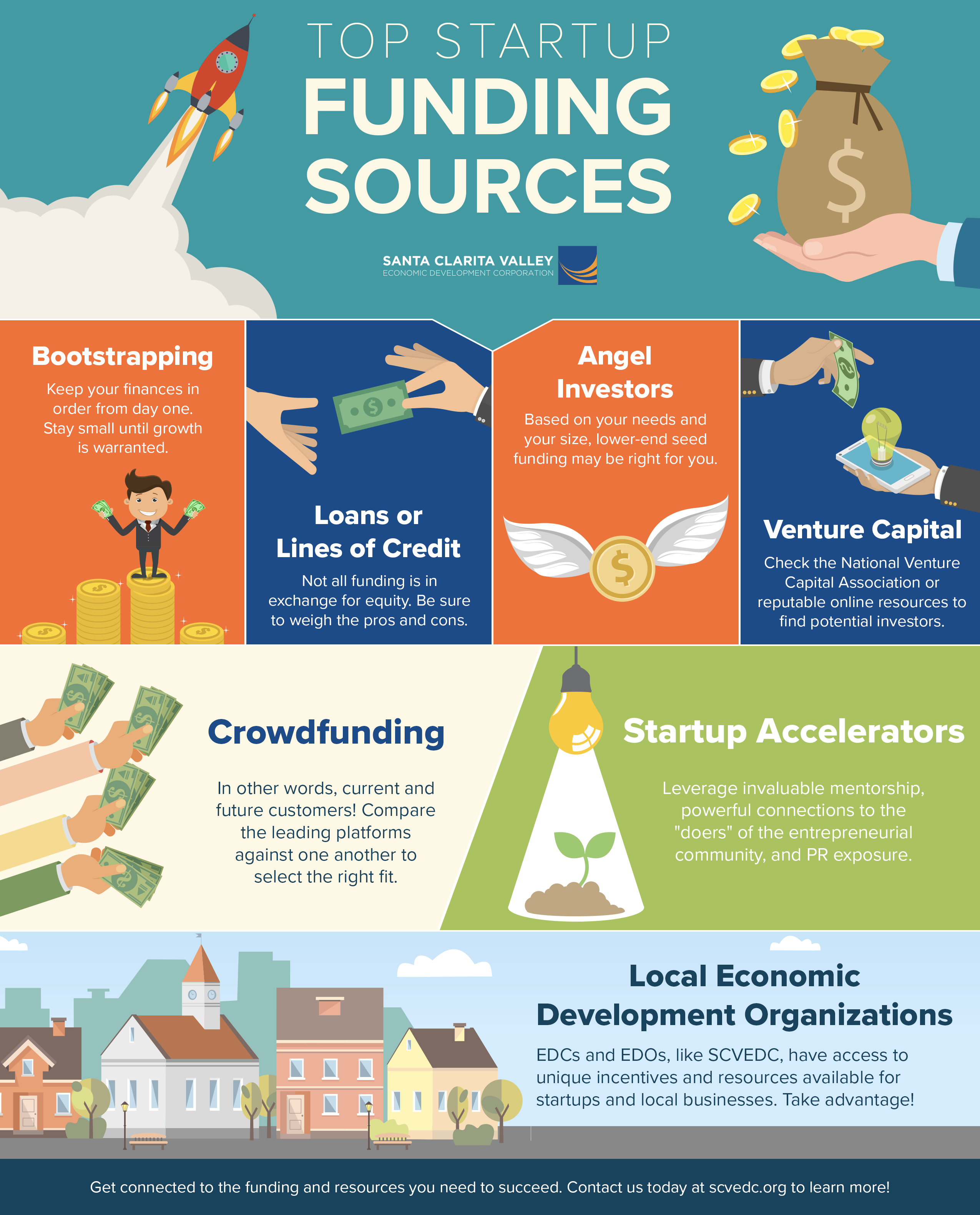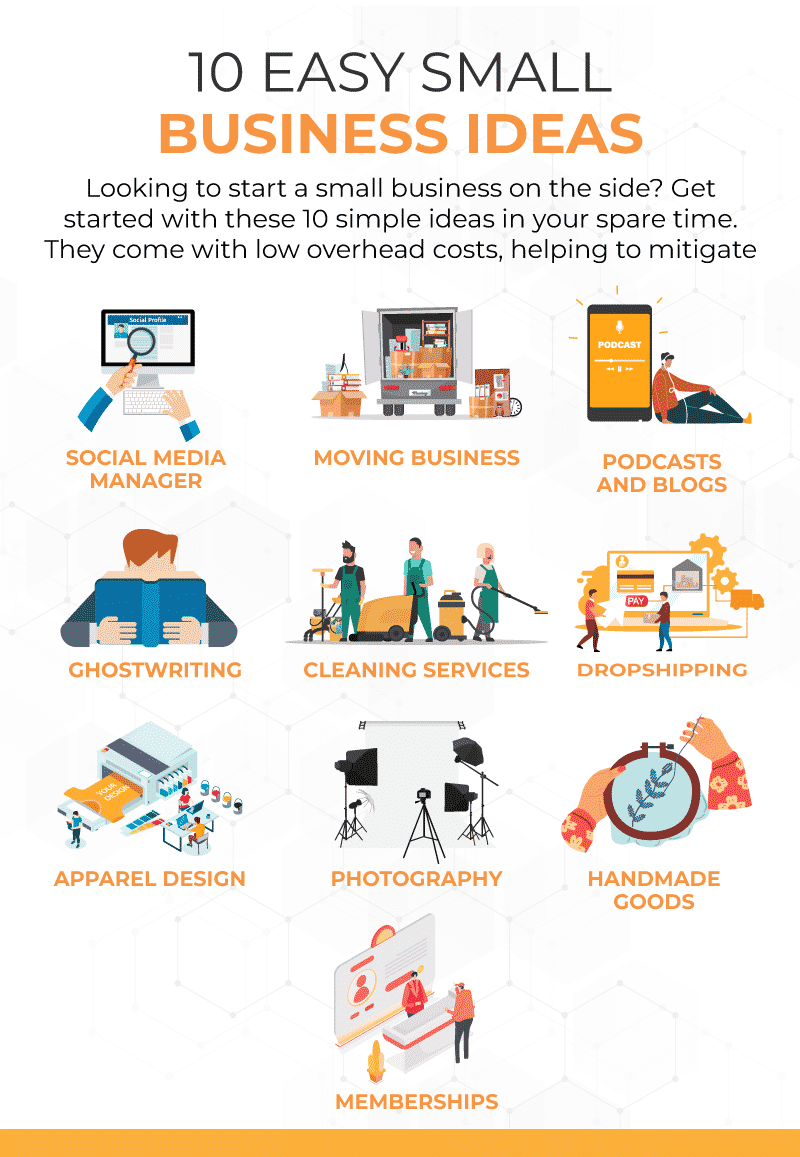How To Get Money For Your Small Business

Small businesses are the backbone of our economy, but securing funding can be a constant struggle. Accessing capital is critical for growth, innovation, and even survival.
This article provides a concise guide to navigating the complex landscape of small business financing, offering actionable strategies and resources to help you secure the funds you need, immediately.
Bootstrapping: The First Line of Defense
Bootstrapping, or self-funding, is often the initial approach. It involves using personal savings, revenue, and minimal external resources to start and grow your business.
This method allows you to maintain full control and avoid debt. However, it can limit growth potential if your personal resources are constrained.
Small Business Loans: A Classic Approach
Traditional bank loans remain a popular funding option. The Small Business Administration (SBA) offers several loan programs that guarantee a portion of the loan, reducing risk for lenders and making it easier for small businesses to qualify.
SBA 7(a) loans are the most common, providing up to $5 million for a wide range of purposes. SBA 504 loans are specifically for purchasing fixed assets like real estate and equipment.
Credit unions are another source of business loans, often offering more favorable terms and personalized service than large banks. Shop around and compare interest rates, fees, and repayment terms before committing.
Grants: Non-Repayable Funding
Grants are essentially free money, meaning you don't have to pay them back. Government agencies, foundations, and corporations offer grants to support small businesses, particularly those in specific industries or demographics.
The federal government offers grants through agencies like the National Institutes of Health (NIH) for research and development and the Department of Energy for clean energy initiatives. State and local governments also offer various grant programs.
Grants are highly competitive, requiring detailed applications and compelling proposals. Thorough research and a well-written business plan are essential.
Venture Capital and Angel Investors: High-Growth Potential
Venture capital (VC) firms and angel investors provide funding in exchange for equity in your company. This option is typically suited for businesses with high-growth potential and a strong track record.
Venture capitalists invest large sums of money in exchange for a significant stake in the company. Angel investors are high-net-worth individuals who invest smaller amounts, often providing mentorship and guidance in addition to capital.
Securing VC or angel investment requires a solid business plan, a strong management team, and a clear exit strategy. Be prepared to give up a portion of ownership and control.
Crowdfunding: Tapping into the Crowd
Crowdfunding platforms like Kickstarter and Indiegogo allow you to raise money from a large number of people, typically in exchange for rewards or equity. This can be a great way to validate your business idea and generate early funding.
Reward-based crowdfunding offers backers perks like early access to your product or discounts. Equity crowdfunding allows investors to buy shares in your company.
Success with crowdfunding requires a compelling story, a strong online presence, and a dedicated marketing campaign. Engage with your backers and provide regular updates on your progress.
Microloans: Small Loans for Big Impact
Microloans are small loans, typically ranging from $500 to $50,000, offered by non-profit organizations and community lenders. These loans are often targeted at underserved entrepreneurs who may not qualify for traditional bank loans.
Accion and Kiva are two prominent microloan providers. Microloans can be used for a variety of purposes, including working capital, inventory, and equipment.
The application process for microloans is generally less stringent than for bank loans. Focus on demonstrating your ability to repay the loan and your commitment to your business.
Invoice Factoring: Accelerating Cash Flow
Invoice factoring involves selling your unpaid invoices to a factoring company in exchange for immediate cash. This can be a useful way to improve cash flow and meet short-term obligations.
Factoring companies typically charge a percentage of the invoice value as a fee. Consider the cost and benefits carefully before using invoice factoring.
This is best suited for B2B companies with reliable clients and predictable payment terms.
The path to securing funding for your small business is multifaceted. Start by assessing your financial needs, exploring all available options, and preparing a comprehensive business plan. Don't be afraid to seek advice from financial experts and mentors.
Act now. Your business's future depends on it.


















